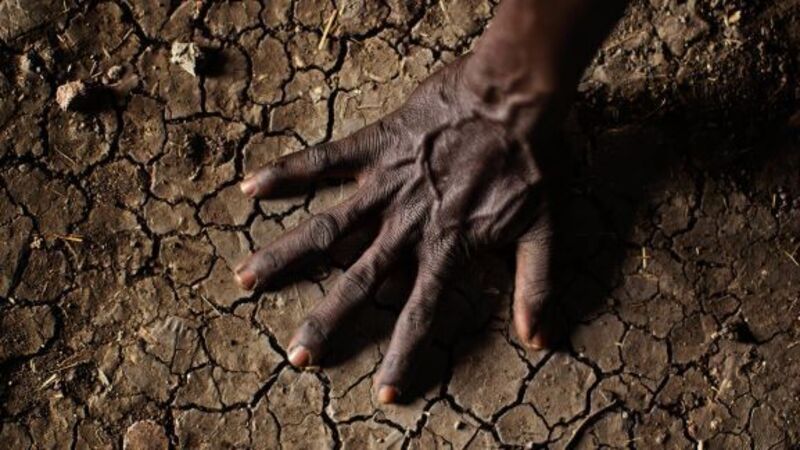South Sudan faces famine risk

The IPC, whose members include the UN Food and Agriculture Organization (FAO) and the World Food Programme (WFP), said famine had not been officially declared because it was hard to get data from conflict zones.
Hunger in the world’s newest state has grown steadily worse in the nearly two years since a political crisis led to fighting that reopened ethnic fault lines between president Salva Kiir’s Dinka people and ethnic Nuer forces loyal to former vice president Riek Machar.











